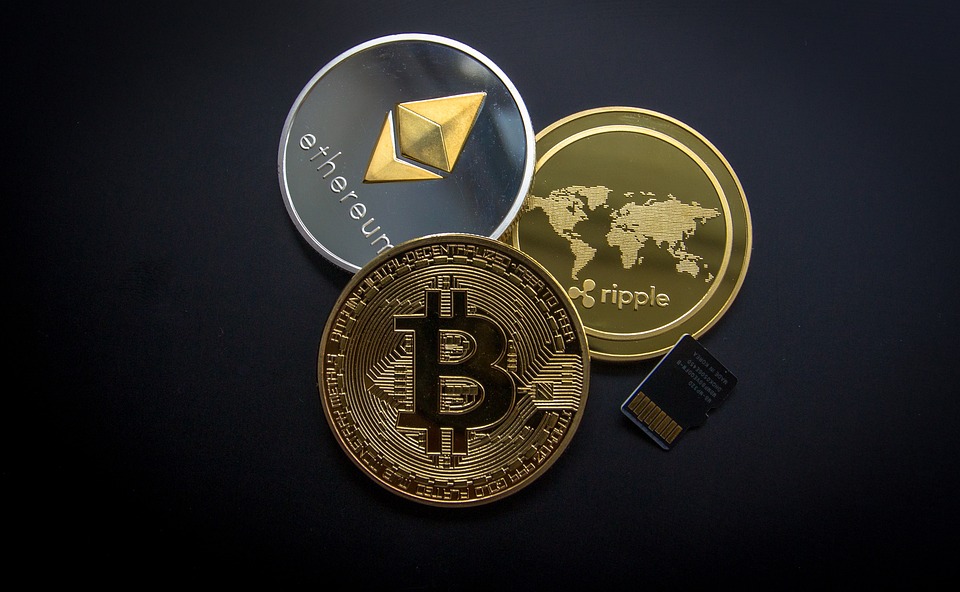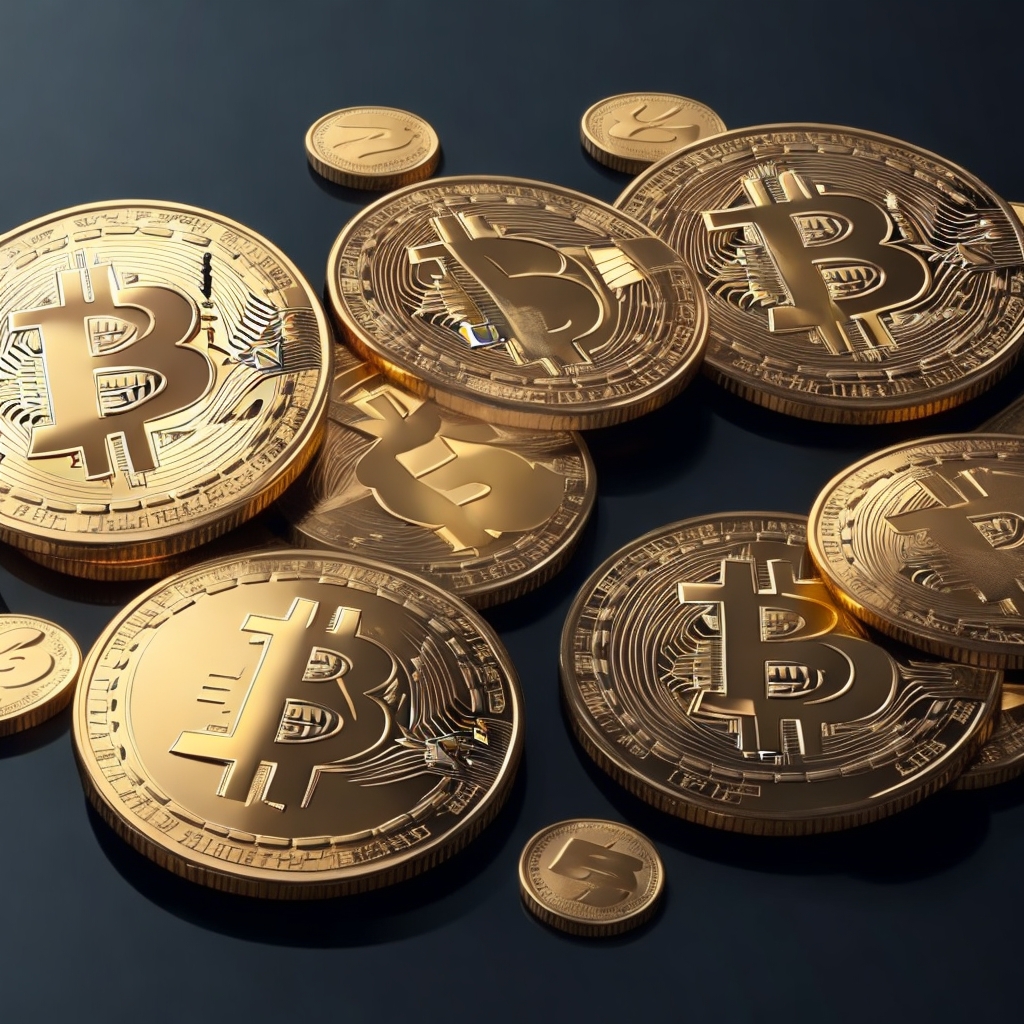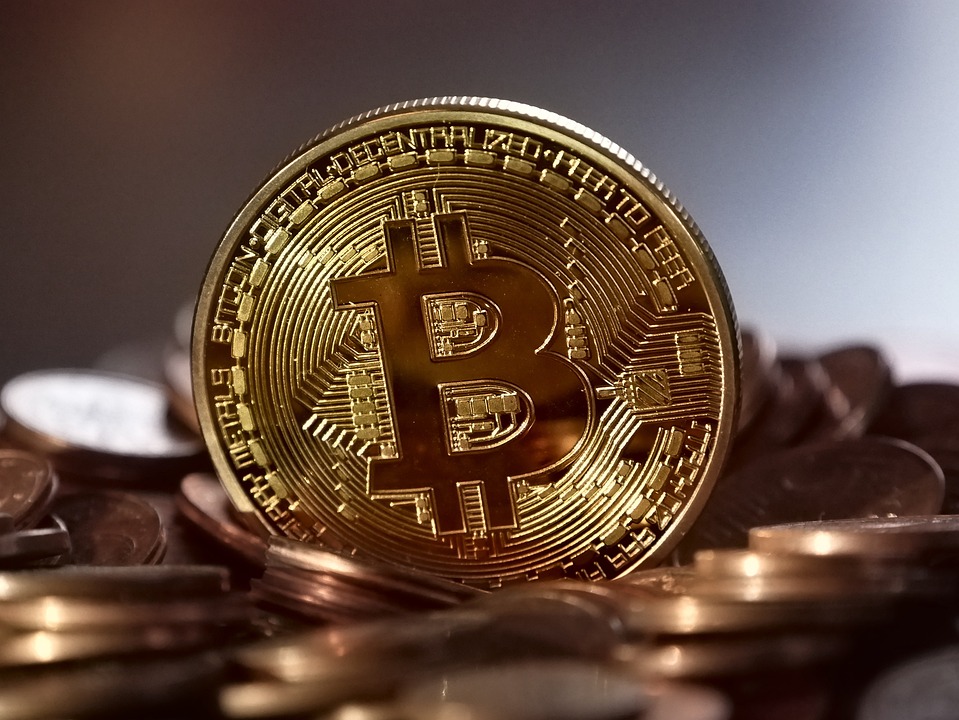Altcoins: The Future of Cryptocurrency – Cryptocurrencies have gained significant attention in recent years, and while Bitcoin remains the most popular and widely recognized, a new breed of digital currencies known as altcoins is emerging. Altcoins, or alternative coins, refer to any cryptocurrency other than Bitcoin. In this article, we will explore the world of altcoins, their potential advantages and challenges, and their role in shaping the future of cryptocurrency.
Introduction
Altcoins, as the name suggests, are alternatives to Bitcoin. They encompass a wide range of digital currencies that have been developed with various objectives in mind. While Bitcoin paved the way for decentralized digital currencies, altcoins have expanded the possibilities and introduced innovative features to the crypto landscape.
Types of Altcoins
Altcoins can be categorized into different types based on their underlying technology and intended purpose.
Bitcoin Alternatives
Some altcoins aim to address the limitations of Bitcoin, such as scalability and transaction speed. These coins, like Litecoin (LTC) and Bitcoin Cash (BCH), offer faster confirmation times and lower transaction fees, making them more suitable for everyday transactions.
Smart Contract Platforms
Another category of altcoins includes smart contract platforms like Ethereum (ETH). These platforms enable developers to build decentralized applications (DApps) and execute smart contracts, opening up possibilities for various use cases beyond simple peer-to-peer transactions.
Privacy-Focused Altcoins
Privacy-focused altcoins, such as Monero (XMR) and Zcash (ZEC), prioritize anonymity and enhanced privacy features. These coins employ advanced cryptography techniques to obfuscate transaction details and protect the identities of the participants.
Stablecoins
Stablecoins are a type of altcoin designed to maintain a stable value by pegging them to an external asset like fiat currency or commodities. Examples include Tether (USDT) and USD Coin (USDC). These coins provide stability and act as a bridge between traditional financial systems and the crypto world.
Utility Tokens
Utility tokens, often associated with specific projects or platforms, grant holders access to a product or service. Examples include Binance Coin (BNB) and Chainlink (LINK). These altcoins fuel the functionality of their respective ecosystems and can be used for various purposes, such as transaction fees or governance.
Advantages of Altcoins
Altcoins bring several advantages to the cryptocurrency ecosystem, contributing to their growing popularity and adoption.
Diversification and Investment Opportunities
Altcoins offer investors a chance to diversify their cryptocurrency portfolio. By investing in a variety of altcoins, individuals can potentially mitigate risks associated with the volatility of any single cryptocurrency.
Innovation and Technological Advancements
Altcoins foster innovation in the cryptocurrency space. Different altcoins introduce unique features and functionalities, driving technological advancements. This competition and experimentation lead to the development of new ideas and improvements in the overall crypto ecosystem.
Lower Fees and Faster Transactions
Some altcoins address scalability issues faced by Bitcoin, resulting in faster confirmation times and lower transaction fees. This makes them more efficient for everyday transactions, particularly microtransactions that require quick settlement.
Privacy and Security Features
Privacy-focused altcoins prioritize user anonymity and enhance security measures. These features make them appealing to individuals who value privacy and want to protect their financial transactions from prying eyes.
Challenges and Risks of Altcoins
While altcoins bring several advantages, they also face challenges and risks that potential investors and users should be aware of.
Volatility and Market Risks
Altcoins, like most cryptocurrencies, are subject to high levels of volatility. Their prices can experience significant fluctuations, which can lead to substantial gains or losses for investors. The lack of regulation and market manipulation can exacerbate these risks.
Regulatory Challenges
The regulatory landscape for altcoins is still evolving, with different jurisdictions adopting varying stances on cryptocurrency. Regulatory uncertainty can create challenges for altcoin projects, impacting their growth and adoption.
Lack of Adoption and Acceptance
While Bitcoin has gained widespread recognition, many altcoins struggle with adoption and acceptance. Limited use cases and a lack of support from established financial institutions can hinder their mainstream adoption.
Security Vulnerabilities
Altcoins, like any digital asset, are susceptible to security vulnerabilities. Hacks and breaches of altcoin exchanges and wallets have occurred in the past, highlighting the importance of robust security measures and responsible custody of funds.
Promising Altcoins to Watch
While the cryptocurrency market is vast and constantly evolving, some altcoins have gained significant traction and attention.
Ethereum (ETH)
Ethereum is one of the most prominent altcoins and a leading smart contract platform. It enables developers to build and deploy decentralized applications, leading to the rise of the decentralized finance (DeFi) sector.
Binance Coin (BNB)
Binance Coin is the native cryptocurrency of the Binance exchange, one of the largest cryptocurrency exchanges globally. BNB has gained popularity due to its utility within the Binance ecosystem and the introduction of various token offerings.
Cardano (ADA)
Cardano is a blockchain platform that aims to provide a secure and sustainable infrastructure for the development of decentralized applications. It places a strong emphasis on scientific research and peer-reviewed protocols.
Polkadot (DOT)
Polkadot is a multi-chain platform that enables interoperability between different blockchains. Its goal is to facilitate the seamless transfer of assets and data across various networks, fostering collaboration and scalability.
Solana (SOL)
Solana is a high-performance blockchain platform designed for decentralized applications and crypto projects. It aims to provide fast and low-cost transactions while maintaining scalability.
Altcoins and the Future of Cryptocurrency
The future of cryptocurrency is undoubtedly intertwined with the growth and development of altcoins. While Bitcoin remains the dominant player, altcoins have the potential to carve out their niches and drive innovation in specific sectors.
As altcoins continue to mature, they may challenge Bitcoin’s market dominance and become widely adopted by individuals, businesses, and even traditional financial institutions. The integration of altcoins into traditional financial systems could lead to a more interconnected and inclusive financial landscape.
Conclusion
Altcoins represent a vibrant and evolving segment of the cryptocurrency market. They offer diverse features, innovations, and investment opportunities beyond what Bitcoin alone can provide. However, potential investors and users should be aware of the risks associated with altcoins, including volatility, regulatory challenges, and security vulnerabilities. As the cryptocurrency space continues to develop, altcoins will play a crucial role in shaping the future of digital currencies.
FAQs
- What are altcoins?
Altcoins are cryptocurrencies other than Bitcoin. They encompass a wide range of digital currencies with various features and purposes.
- How do altcoins differ from Bitcoin?
Altcoins differ from Bitcoin in terms of underlying technology, features, and use cases. They aim to address limitations of Bitcoin and introduce innovative functionalities.
- Are altcoins a good investment?
Investing in altcoins can be lucrative but also carries risks. It is essential to conduct thorough research and consider factors such as market trends, project fundamentals, and risk tolerance.
- Which altcoin has the most potential?
Determining the altcoin with the most potential is subjective and dependent on various factors. Prominent altcoins like Ethereum, Binance Coin, Cardano, Polkadot, and Solana have gained significant attention and show promise in their respective areas.
- How can one safely store altcoins?
Altcoins should be stored in secure cryptocurrency wallets. Hardware wallets, such as Ledger or Trezor, provide enhanced security by storing private keys offline. Software wallets and custodial exchanges also offer storage options, but users should research their security measures.




